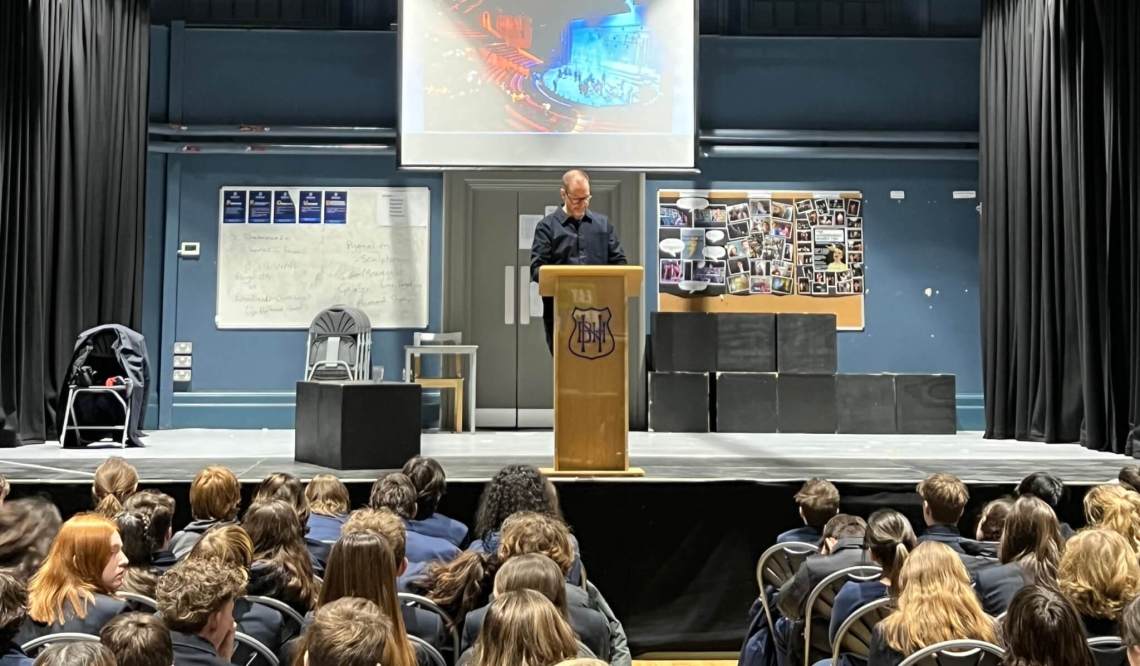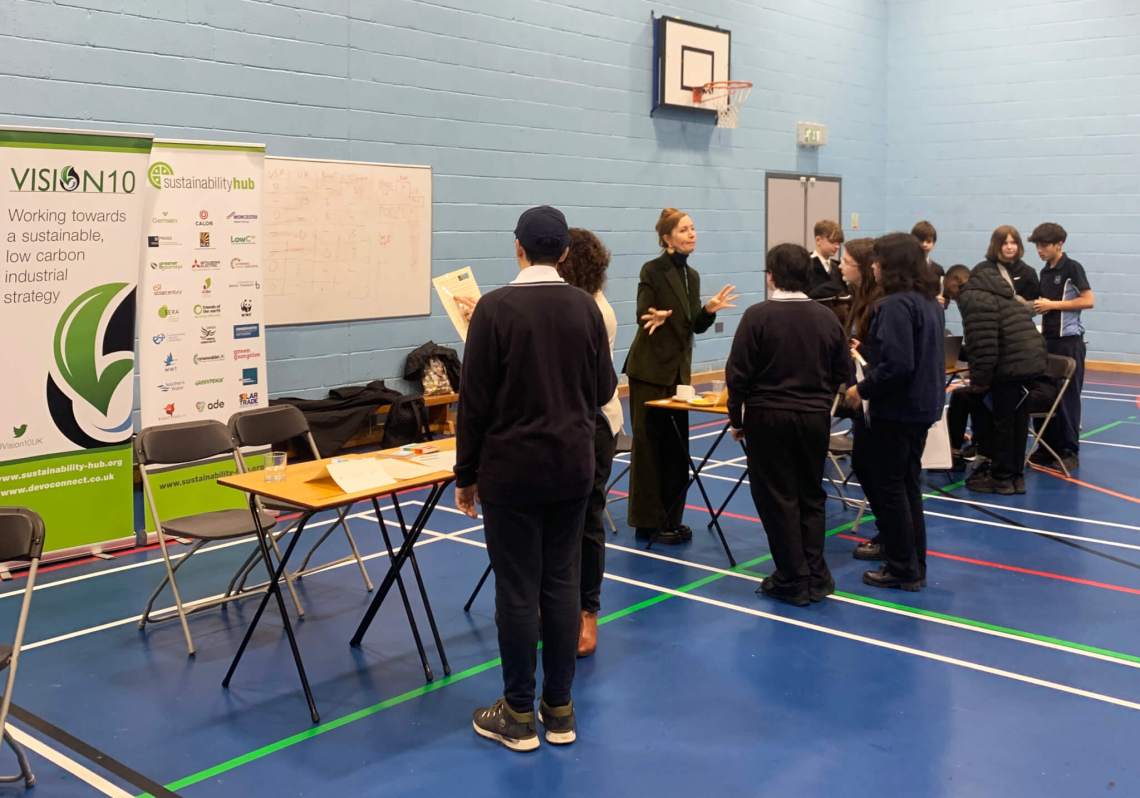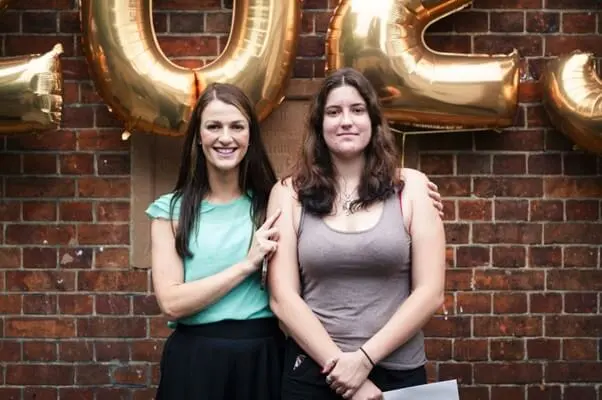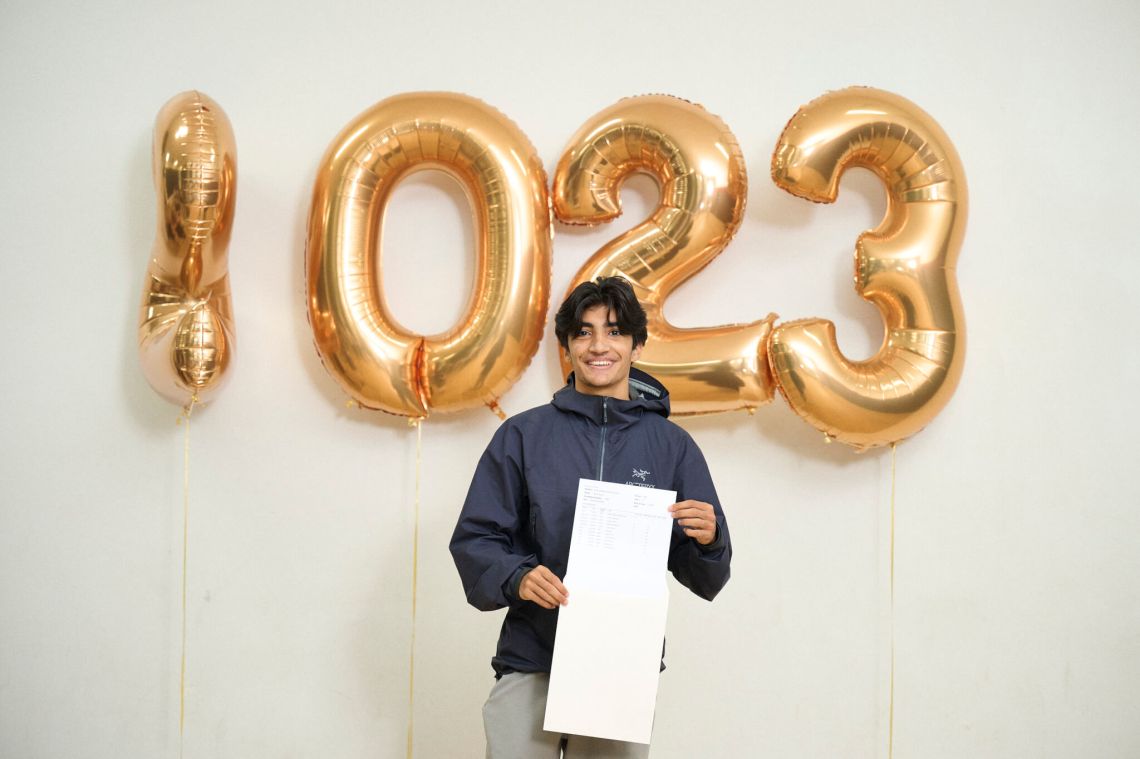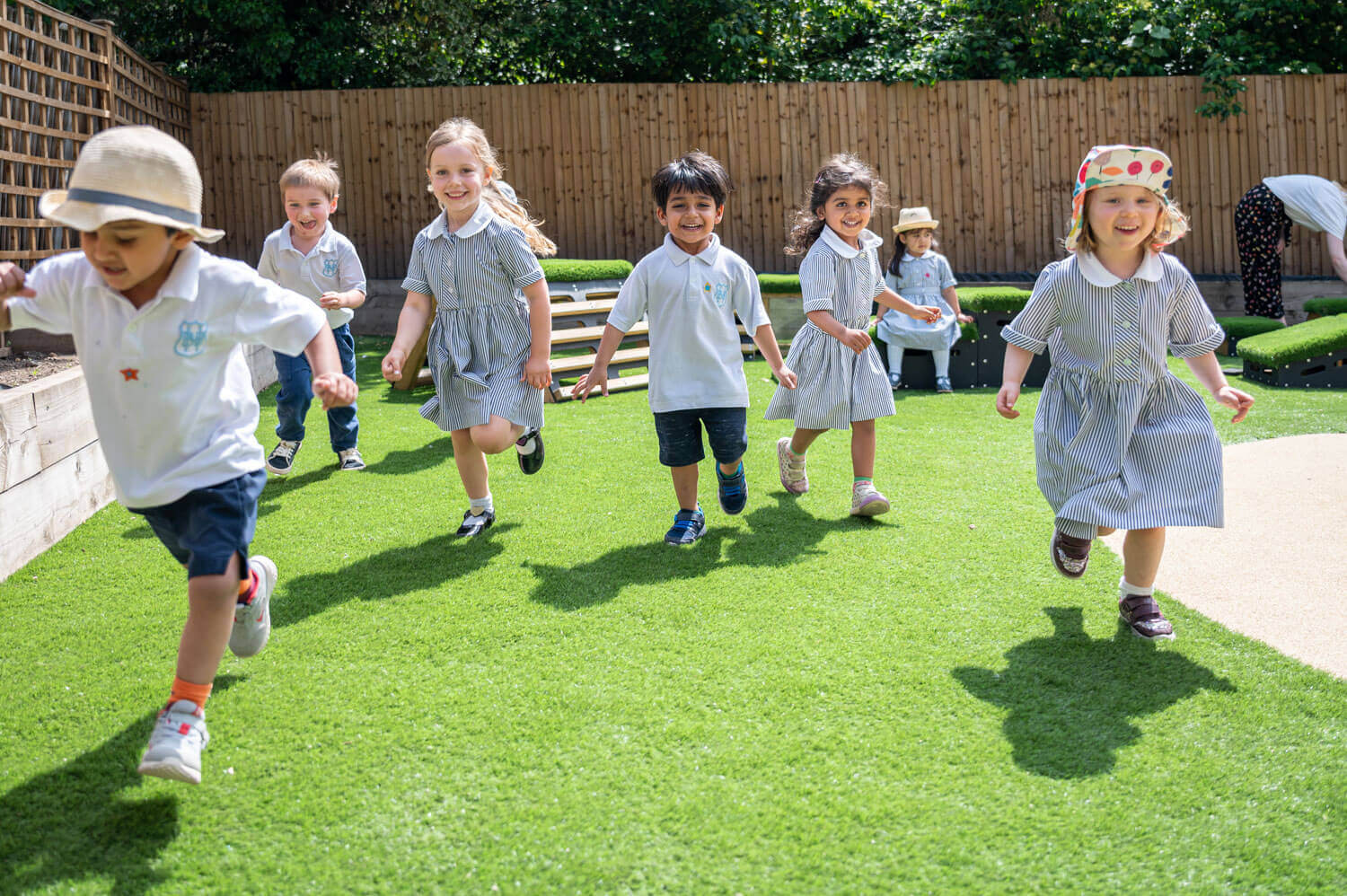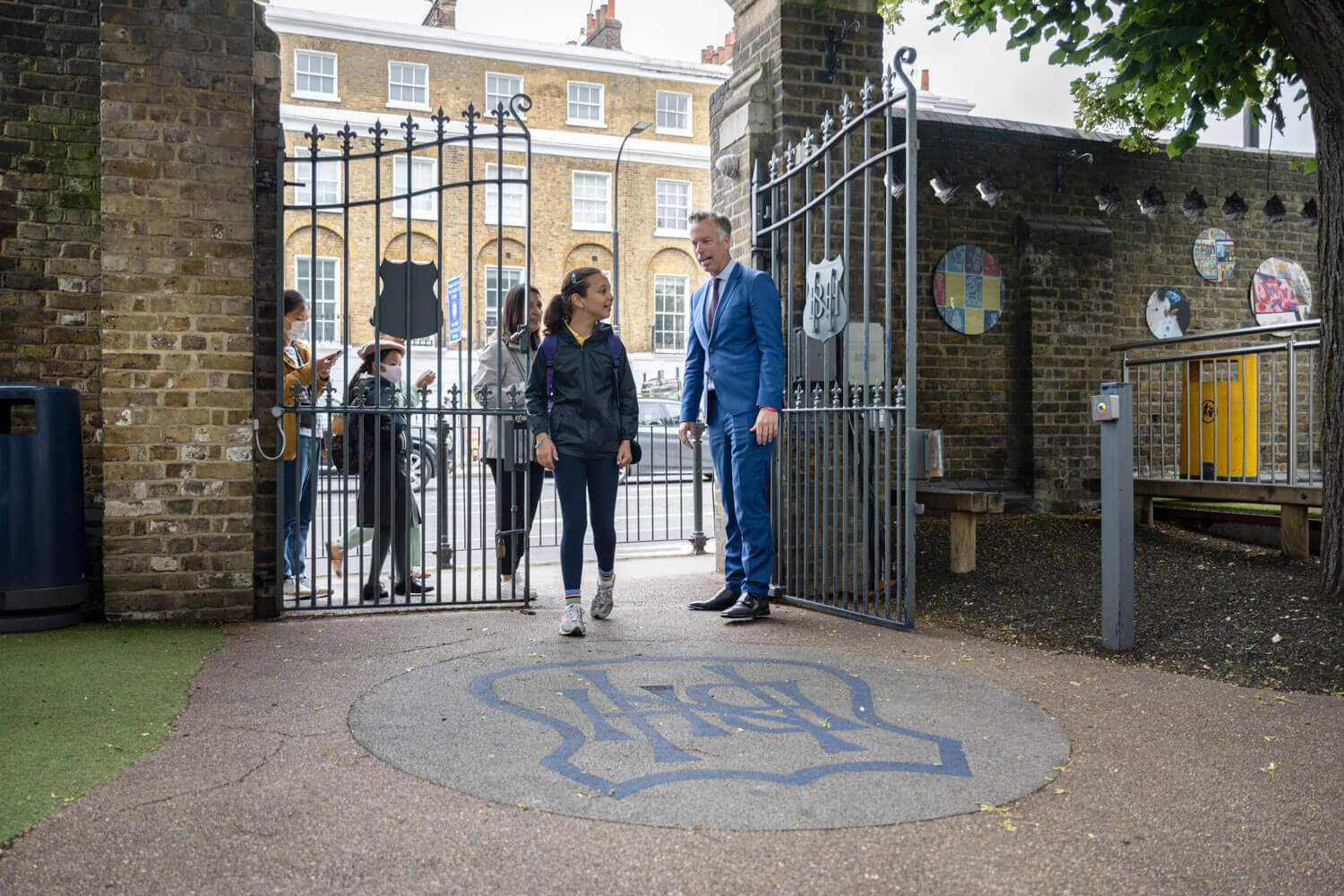Welcome to North Bridge House School.
North Bridge House is a family of six independent day schools for boys and girls aged 2 to 18 years. Families can benefit from the option of a stress-free all-through education or choose individually tailored preparation for the next stage of their child’s school career.
At North Bridge House, we are on a constant journey of getting to know and understand every pupil as a unique and rounded individual. We understand that success is not simply defined by outstanding academic achievement, but also by every pupil finding a direction in life that truly reflects their unique talents and personality.
It is our specialist expertise that ensures every pupil realises their true academic and personal potential – setting them on a clear journey to find their True North.



